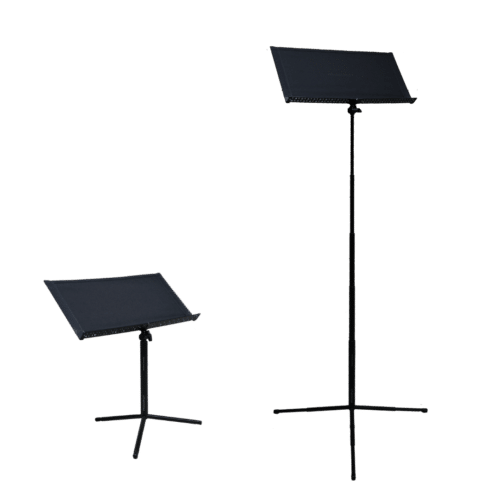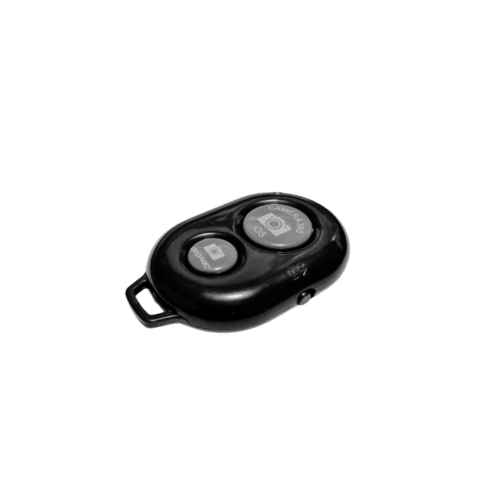Music! The universal language.
“Music produces a kind of pleasure which human nature cannot do without.”
Confucius
“Music produces a kind of pleasure which human nature cannot do without.”
Confucius
It’s something that has been a part of our lives since man discovered banging on things rhythmically, could produce interesting sounds. And music will continue to exist well into our future. Especially now that Neuroscientists confirm that multiple areas of your brain are activated when playing a musical instrument compared to just one or two sections when we do typical left brain or right brain activities, such as math or reading. Studies have shown that there’s a correlation between academic success and musical training. Playing a musical instrument combines both sides of the brain, making individuals, especially children, a stronger and more creative learner.
Music is Strength!
There are so many positive effects attached to playing a musical instrument. It can serve to relieve stress or as an emotional outlet. It has been proven to lower heart rate, blood pressure, and stress hormones. It improves self-esteem, abstract thinking, patience and memory. All which are necessary for math and science. Learning a musical instrument doesn’t happen overnight, so children learn to become more disciplined and improve their time management skills. It enables children to be a faster and better academic learner. Let’s not forget it would also widen your and/or your child’s social circle.
So, when is a good time for children to start learning music?
Well, most kindergartens and nursery schools implement some form of music as part of their curriculum in order to develop musical sensibility. Musical experience at an early age is vital for a child’s developmental process. And by the age of five most children should have a foundation that has prepared them to start formally taking on music lessons. However, children are able to start music lessons as early as 4, just keep it fun and engaging.
The top instruments to introduce to children are: Piano, violin, recorder, guitar or ukulele. Piano and Violin being the most popular. Recorders are pretty common among Asian countries and guitars are becoming more popular due to their accessibility, versatility and inexpensive price.
Music is Intellectual!
Albert Einstein, one of the most brilliant Scientist to exist, started playing the violin at the age of six, but he didn’t really fall in love with it until he reached the age of 13 when he discovered Mozart’s violin Sonatas. After that music played a big part of his life. His wife even went on to say that it helped him think.
“I live my daydreams in music. I see my life in terms of music … I get most joy in life out of music.”
Albert Einstein
He himself had said that if he wasn’t a scientist, he would have been a musician. He never lost his passion for music and he played his violin, ‘Lina’ until his left hand couldn’t physically play anymore.
Music is powerful!
Before you or your child go on this musical journey together you might want to consider one thing: The weight of a backpack, a man-bag, or a purse. Why? Well for this journey you will probably have to carry your own instrument, music, and music stand.
Shoulder Bags
A career man or woman usually has to carry their trade with them. You may have to lug around things such as a laptop, books, notebooks, cellphone, keys, tablets, in addition to your hobby, such as a music stand and sheet music. However, a heavy purse can actually be a danger to one’s health. When you carry a purse (or man bag), you have to lift your shoulder in order to keep the bag from sliding off. This can lead to a misalignment of your spine, which in turn can cause shoulder pains, neck pains, muscle pain, joint pain and at worst a herniated disk or scoliosis in children (and some adults).
The general rule of thumb is to not let your shoulder bag exceed 10 percent of your weight. However, Orthopedic surgeons recommend an even lighter threshold of about 2.7 or 3.2 kilograms (6 or 7 pounds). Anything heavier should be split up into a second bag or just switch to a cross-body bag or a backpack to evenly distribute the weight. This will most likely be necessary in the case that you have to carry an instrument such as a violin, guitar, or ukulele. Doing core muscle exercise would also help keep your back aligned and healthy.
Backpacks
Students have to carry so much on their back nowadays. And it leads to so many health issues for them: stiff necks, sore shoulders, and back pains. It may even lead to them developing poor posture.
So how heavy is too heavy?
Researchers say a students’ backpack should weigh no more than 10 percent of what the student weighs. Same as a shoulder bag. And 20 percent of their weight if they are using a trolley backpack. Let’s do some math:
If student A weighs around 23 kilograms (50 pounds) then the backpack should weigh around 2.3 kilograms (5 pounds).
If student B weighs around 45 kilograms (100 pounds) then the backpack should weigh around 4.5 kilograms (10 pounds).
If a student C weighs around 68 kilograms (150 pounds) then the backpack should weigh around 6.8 kilograms (15 pounds).
However, a traditional foldable music stand can weigh up to 2.5 kilograms (5.5 pounds).
Now if the previously stated students are also taking music lessons and has to bring their own music stand, that’s an additional 2.5 kilograms (5.5 pounds) they would have to carry on their backs. That’s already more than student A should carry, more than half the weight that student B should carry, and a little less than half the weight that student C should carry. And this is not including the weight of the instrument and the music books or sheets they would also have to carry.
But there’s traveling music stands…
Even if they carry the specialized traveling stands that you can purchase on Amazon, it would still weigh over a kilogram, but height and weight capacity are typically sacrificed. Meaning that if the student needs to play an instrument standing up, the music stand may not be able to reach the necessary height for them to read the music sheet. And if they are using a tablet to read music the stand may not be able to hold it without falling over.
So, what to do?
Experts suggest that one should find a high-quality, low- weight backpack with adequate padding on the straps. There should also be multiple pockets on the backpack to help evenly distribute the weight throughout the bag. And most of all Lighten the Load. Students should also make use of storing things in lockers and desks when they are able to.
What can help?
miniput: Smart Assistance Stand is light and compact enough to help with these concerns for music students and musicians on the go. The miniput is 5 times lighter than a traditional music stand; it would help to decrease the strain on the body due to weight. It is compact enough to fit inside pockets or bottle holders on a backpack or shoulder bag, allowing for even distribution of the backpack as prescribed by experts. It does all this without sacrificing height or weight capacity. So, practicing a musical piece while standing up using a tablet will be no problem for the miniput. It will support you anywhere in every way.






